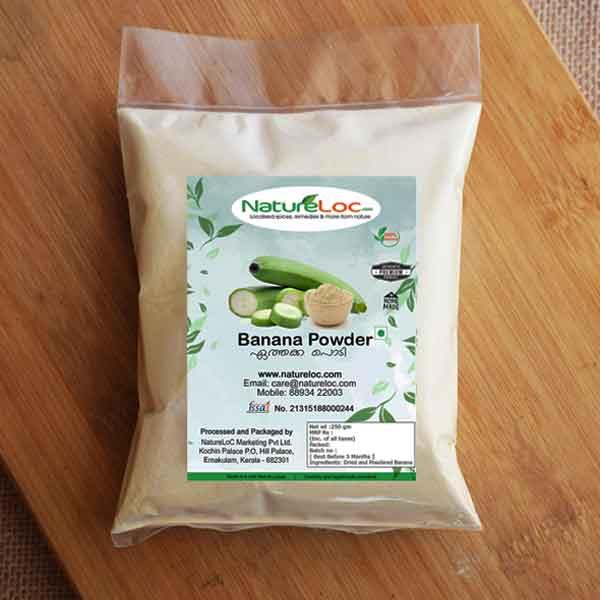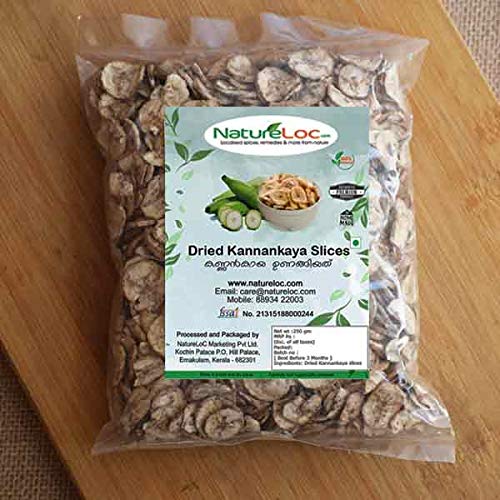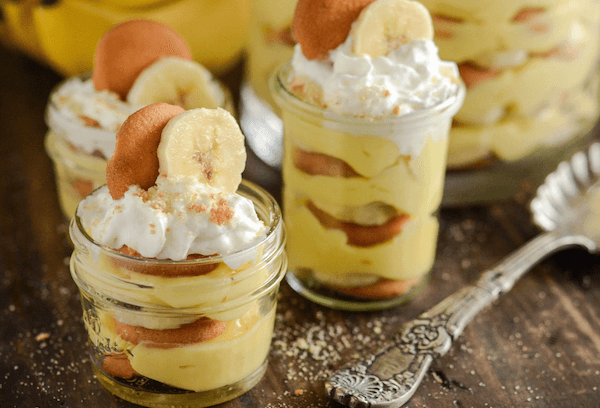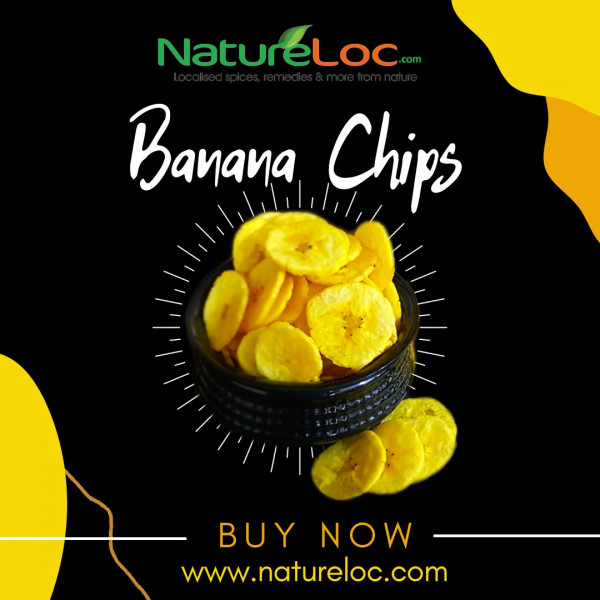Banana – Why You Should Eat Banana – Health Benefits
Banana
Banana is an edible fruit – botanically a berry – produced by several kinds of large herbaceous flowering plants in the genus Musa. In some countries, bananas used for cooking may be called plantains, in contrast to dessert bananas. The fruit is variable in size, color, and firmness, but is usually elongated and curved, with soft flesh rich in starch covered with a rind, which may be green, yellow, red, purple, or brown when ripe. The fruits grow in clusters hanging from the top of the plant.
Bananas are extremely healthy and delicious. They contain several essential nutrients, and have benefits for digestion, heart health and weight loss.
In India, it is given much importance where various regional cuisines use it in making sinful desserts – kheer, malpua, halwa, payasam, sheera, and paniyaram, to name a few. Cut into smaller chunks or thinly sliced using a mandolin, it gets used up in making wafers, subzis, kebabs, pakoras, and the famous curries of Kerala such as Avial and Kalan.
Get dried banana and banana chips
Health Benefits
Maintains Blood Sugar Levels
They are rich in a fiber called pectin, which gives the flesh its structural form. Unripe bananas contain resistant starch, which acts like soluble fiber and escapes digestion. Both pectin and resistant starch may moderate blood sugar levels after meals, and reduce appetite by slowing stomach emptying.
Furthermore, bananas also rank low to medium on the glycemic index, which is a measure of how quickly foods increase blood sugar levels. The glycemic value of unripe bananas is about 30, while ripe bananas rank at about 60. The average value of all bananas is 51.
This means that bananas should not cause major spikes in blood sugar levels in healthy individuals. However, this may not apply to diabetics, which should probably avoid eating lots of well-ripened bananas and monitor their blood sugars carefully when they do.
Improves Digestion
A medium-sized banana contains about 3 grams of fiber, making bananas a fairly good fiber source.
Bananas contain mainly two types of fiber:
- Pectin: Decreases as the banana ripens.
- Resistant starch: Found in unripe bananas.
Resistant starch escapes digestion and ends up in our large intestine, where it becomes food for the beneficial gut bacteria. It also improves your bowel movements.
Improves Mood and Reduces Stress
These are a good source of the amino acid tryptophan which your body converts to serotonin. Proper serotonin levels help improve your mood, reduce stress and enhance your general outlook and happiness levels. It also helps regulate your sleep patterns. Tryptophan is an essential amino acid because the only way your body gets it is through your diet.
Improves Kidney Health
Potassium is essential for blood pressure control and healthy kidney function.
As a good dietary source of potassium, it may be especially beneficial for maintaining healthy kidneys.
Study in women showed that over 13 years, those who ate bananas 2–3 times per week were 33% less likely to develop kidney disease.
Other studies have found that those who eat bananas 4–6 times a week are almost 50% less likely to develop kidney disease, compared to people who don’t eat bananas.
Skin Conditions
It is great for treating skin conditions like psoriasis and acne.
Rub the freshly peeled inside of the banana skin gently over the affected area and leave the residue to be absorbed. The fatty acid content of the banana skin helps relieve a variety of skin conditions, as well as having a strong moisturising effect.
In the case of psoriasis you may notice some further reddening initially, but this should improve after a few days of use. Patch test on a small area if you have any concerns. It usually takes several weeks to see the full benefit from this treatment.
Get dried banana and banana chips
Selection and Storage
If you are buying by the dozen, make sure you pick slightly firm bananas so that they last you at least 4-5 days without spoiling. It tend to ripe really quickly, which is why after a while the peels turn back while the flesh become gooey. A smart thing to do would be to buy in smaller quantities and enjoy them fresh. Look for fruits without any blemishes or squishy spots. Do not store them in the refrigerator.
They freeze well. Peel the skin off first and put them in a freezer bag. Frozen bananas can be blended in a food processor to make a delicious dairy-free ‘ice cream’. Or pop them in your blender for a cool and creamy addition to a smoothie.























